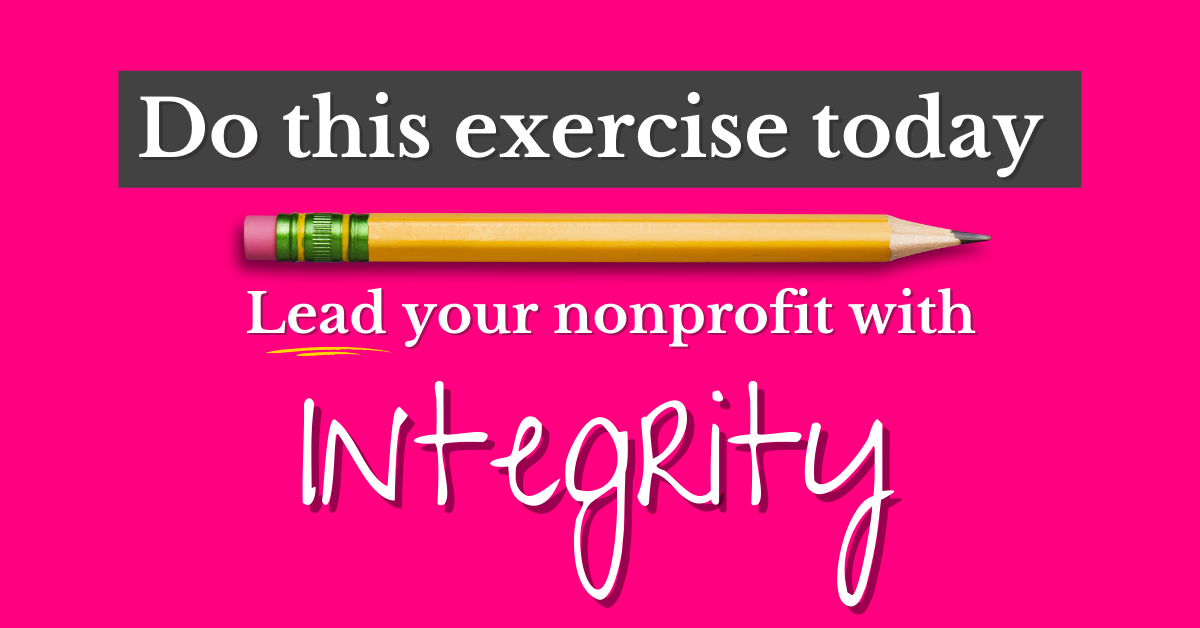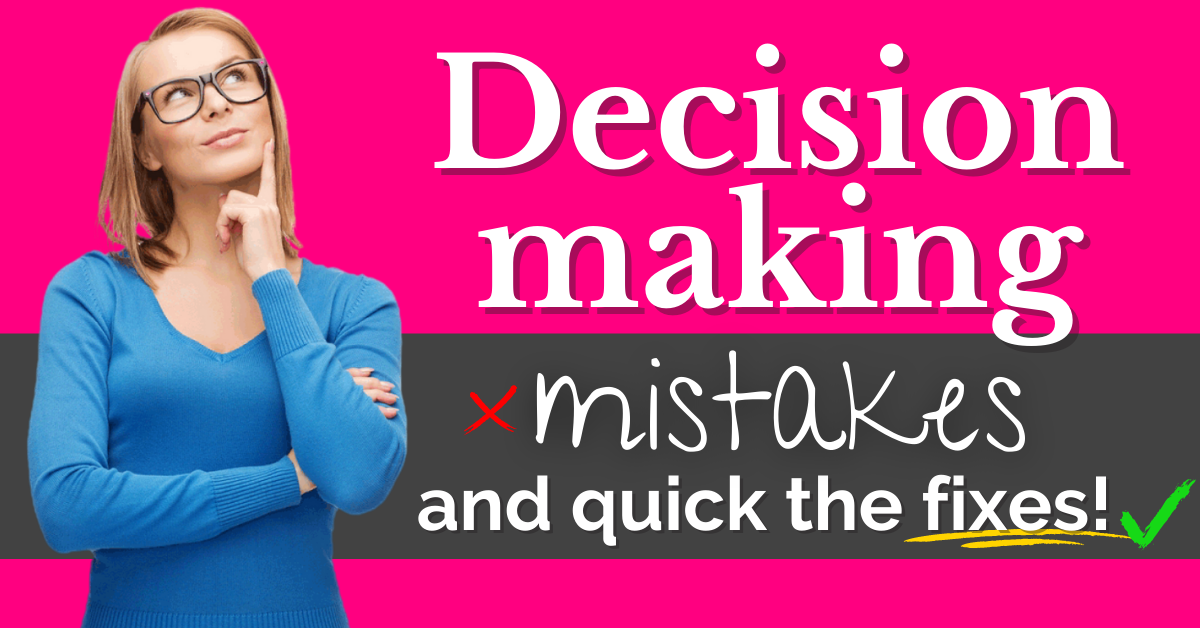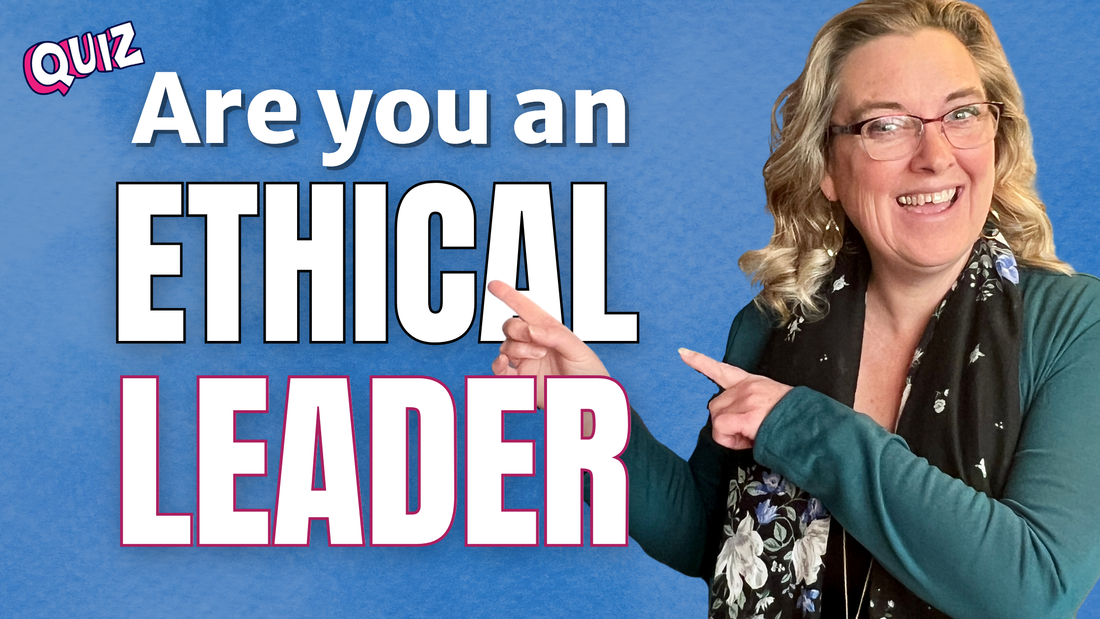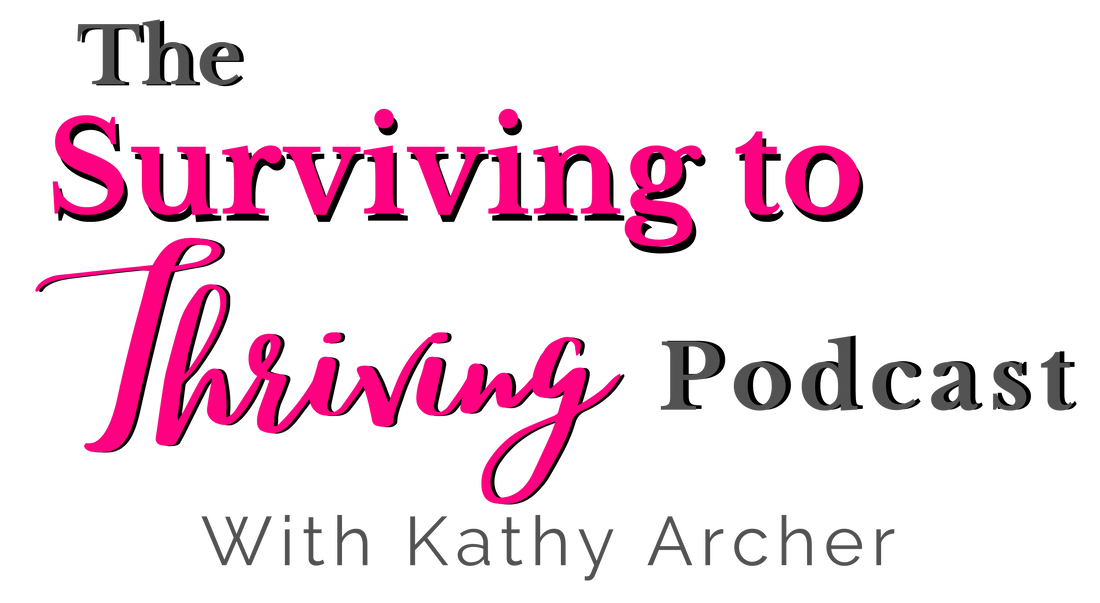|
If you want to lead your nonprofit with integrity, it would benefit you to learn to use your moral compass to make ethical decisions. In this article, I am going to help you do just that! It will require a wee bit of work from you, though!
An exercise for you We are going to start with an exercise. First, grab a piece of paper and draw a line down the middle. Then, on the left-hand side, write down a few things that drive you nuts about people.
It could be political leaders, leaders in your organization, or community leaders.
The second part of the exercise Next, go to the right-hand side of your page and make a list of all the things that you like that people do or how they act. And once again, think about traits of specific leaders that you appreciate and enjoy. What do your lists mean? Look over your lists. The things that you just noted are indications of your beliefs, values, and ethics. For example, if you said that lazy people irritate you, you probably value hard work and appreciate a strong work ethic. When I look at my list, I see that it drives me nuts when people fake kindness. I am suspicious when someone pretends to be caring and thoughtful, yet I know they are only doing it because they are supposed to do it. As a result, I lose trust in them. Looking at this example helps me realize I value kindness as well as honest and authentic connections. If you like these kinds of exercises and want to get a deeper understanding of your values, try the Values Verification course here. You've started to define your moral compass This exercise helps you to identify your values, ethics, and morals. Your values, ethics, and morals are what guide your moral compass. How does this apply to your leadership? First, consider the strategy we are told as leaders regarding giving recognition. If I comment to someone, and that comment does not feel genuine and authentic, it makes me feel icky. That's because it is activating my moral compass and telling me that I'm not sincere. This is why you need to activate your moral compass Think of your moral compass as your conscience. It is what guides your words, actions, and decisions. It helps you determine what is right and wrong for you as a leader (and a person). Each of us has a different set of guidelines. I may be ok with fudging numbers (I'm not!), and you may be a by-the-book kind of person! But, we each have to tune into our moral compass to know what's right for us. It's when we do what's right for us that we lead with integrity. Integrity is walking your talk and leading with authenticity. It's when your actions align with what you believe in. Help to activate your moral compass In this week's podcast, I walk you through the Inner Guidance System to help you activate your moral compass. Then, I give you 3 questions you can ask yourself in the ponder stage to help you ensure you are acting, behaving, and making decisions in alignment with your north star. The second question is: What are my values, ethics beliefs, and morals current that come into play with this choice. You've already started to get clear on that by doing this exercise! Tune in here to get the other two questions. When you lead with authenticity, you'll feel better, enjoy your job more, and be a more confident and impactful leader. People will appreciate you, be motivated and inspired by you and as such, loyally follow you! That all feels pretty dang good!
0 Comments
Are you a decisive decision-maker? Decisiveness is the ability to make decisions quickly, even when we don't have all the information. However, I've realized that many leaders don't even realize that they're not decisive. Take Kim. Changes are happening upstream that are impacting her team. The team keeps asking how they should implement this with their clients. Rather than deciding, Kim defers the decision to her director; Let's wait to see what Keaton says. Jasmine tells me she has two vacant positions. She's got money to hire for those two positions. And... She's been deciding what to do about hiring for them for two months.
Anika has an issue with Sage's performance. However, rather than deciding if or how she should discipline Sage, she asks Sage's peer colleague to "help her out" with this task. In essence, she's passing the buck and deferring the problem to someone else to deal with. The three clients all have problems with decisive decision-making. Rather than making a decision, they are deferring, delaying or trying to dodge making a decision. Perhaps you do one of those too! Let's look at each a bit closer and how you can "fix" that decision-making "mistake." Decisiveness is the ability to make a decision quickly, even when you don't have all the information. Three decision-making mistakes and the fixes MISTAKE # 1 - We defer the decision to someone else Rather than making a decision that is ours to make, we often try and get other people to decide for us. The mistake here is not taking responsibility for making a decision. The fix:
MISTAKE # 2 - We delay making a decision Rather than making a decision, we keep putting off making that decision. We procrastinate. We hedge. But not just for a little bit... but for a long bit! The mistake here is that we don't even decide when we will decide! The fix:
MISTAKE # 3 - We dodge the decision altogether Dodging is when we ignore the fact that there is a decision to be made. One of the ways we dodged decisions is when it's time to hold somebody accountable. Rather than address the issue, have a performance conversation, take disciplinary action or let them go, we dodged the whole thing.
The mistake here is that we don't even acknowledge there is a decision to be made. The fix:
Decisiveness is the ability to make a decision in a reasonable amount of time, even when we don't have all the evidence to make the decision the way we'd like to. Decisiveness is not always easy! To help you out, this week on the podcast, I'm giving you a hack to help you make decisive decisions. Because here's the thing... Effective leaders make decisions decisively.
Tune into this week's podcast to learn about the decision-making hack that will help you be a decisive leader! How to lead your nonprofit with ethics and integrityMany of us want to be nonprofit leaders who lead with integrity, and I bet you do too! Integrity is walking your talk. It's doing what you say you will do. And it's aligning your actions with your values, ethics and morals. But do you do all of that? How do you know you do? As a nonprofit leader, I failed in the ethics category!You probably already know that when I was leading an organization, my team clearly told me that I didn't measure up in the integrity area! For example:
It took some unpacking for me to figure out why not and what to do about it! If you are wondering where you stand, I've included some questions at the bottom to help you identify if you are an ethical leader. But first, let's deepen our understanding of ethics. Understanding integrity, ethics, morals and values in nonprofit leadershpIntegrity means you adhere to a set of moral and ethical standards; Your moral and ethical standards, not someone else. So, in essence, integrity is living what you believe. The people you supervise want to see that you practice what you preach. When you lack integrity, things are incongruent. There is an inconsistency between what you say and do. You say your clients come first, but do they? You might believe in honesty, but are you always honest? You value accuracy, but do you ensure accuracy in your work and those of people around you? The 3 components of integrityWhen you are in integrity, your values, ethics and your morals are aligned.
For many of us, rather than alignment, our ethics and morals become unaligned, and we become out of integrity. That lack of alignment is evident as the chasm grows between what you value and believe and what you actually say and do. It's time to see where you land! Quiz: Am I an Ethical Leader?CODE OF ETHICS 🔲 I know what the Code of Ethics is for my profession. 🔲 I have looked at it recently. 🔲 I follow it. 🔲 I have my own Code of Ethics. 🔲 I have looked at it recently. 🔲 I follow it. VALUES 🔲 I have identified my top three values. 🔲 I have a working definition for my top 3 values. 🔲 I know how my values show up in my day-to-day work. 🔲 I use my deeper understanding of my values and how I defined them to make work-based decisions. SELF REFLECTION 🔲 I regularly take time for self-reflection to clarify where I have aligned my actions with my values, ethics and morals. 🔲 I set regular intentions for my actions and behaviours to realign with my values and ethics. Get a free worksheet to help you lead your nonprofit with integrityHow did you score?How did you do? Pretty good, or do you have work to do? I have work to do! The act of preparing this for you has shown me where my gaps are and have been an indication for me to take action.
Help to lead with integrity and be a more ethically and morally strong leader.If you realize you have some work to do and you are in The Training Library, here are some of the courses and lessons you might want to check out:
|

Available on Amazon
Archives
March 2024
|
|
Leadership TRAINING for Nonprofit Leaders
Become a confident and competent nonprofit Leader: Join The Training Library membership Executive and Leadership COACHING Leadership Coaching for Nonprofit Executives, Leaders and ManagerCoaching |
PODCAST for Nonprofit Leaders
The Surviving to Thriving podcast: Strategies, systems and support to lead your nonprofit with confidence FREE RESOURCES to Grow your Leadership Skills Free Leadership Training Resources, Worksheets and Templates |
Become a CONFIDENT LEADER
|






 RSS Feed
RSS Feed
